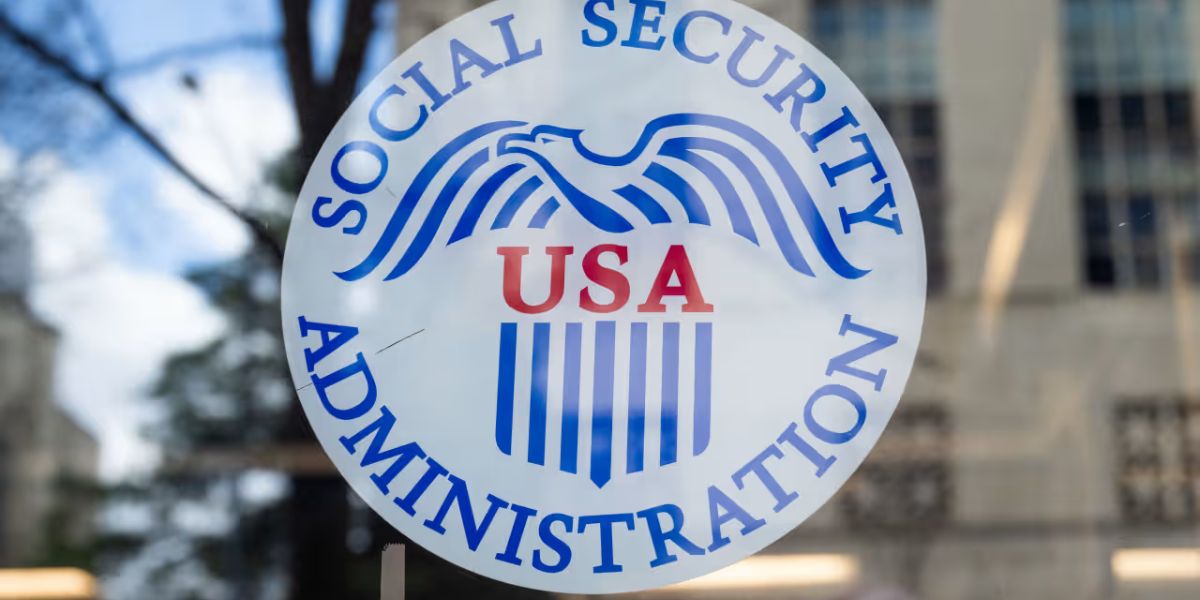According to recent studies, the probability of “forgetting” a 401(k) plan with a former employer has increased as a result of Americans changing jobs more frequently after the Great Resignation.
According to the most recent data from fintech company Capitalize, as of 2023, there were 29.2 million left-behind 401(k) accounts with around $1.65 trillion in assets, up 20% from the previous two years.
In 2024, Vanguard reported that nearly half of workers left money in their previous plans when they change jobs.
For example, according to a 2021 poll conducted by the U.S. Government Accountability Office, 41% of employees do not even know they are paying 401(k) fees.
Depending on the plan provider, 401(k) fees—which may include administrative service charges and investment management fees—are often comparatively cheap.
However, there can be extra costs associated with 401(k) funds that were left over from prior employment.
Romi Savova, CEO of online retirement company PensionBee, said that former employees who do not take their 401(k) with them may be assessed an extra fee to keep those accounts open. “If you leave it with the employer, the employer could force the record keeping costs on to you,” she stated.
A $4.55 monthly nonemployee maintenance fee plus other expenses can eventually result in almost $18,000 in lost retirement savings, according to PensionBee’s calculations.
According to the report, employees lose the compound growth that would have accrued on the balance in addition to the monthly fee eating away at the principal.
Gil Baumgarten, president and CEO of Segment Wealth Management in Houston, stated that fees on such forgotten 401(k)s can be especially costly for long-term savers.
According to him, that does not always imply that shifting your balance is beneficial.
“There are two sides to every story,” he stated. “Lost 401(k)s can be problematic, but rolling into a IRA could come with other costs.”
Read Also: More Than 100 Job Cuts Planned at Virginia Mason Franciscan Health
How to handle your previous 401(k)?
Workers may be able to roll over their former 401(k) money into an individual retirement account, which many individuals do, or transfer the funds to a new employer-sponsored plan when they change employment.
However, another analysis by the nonprofit research group The Pew Charitable Trusts found that IRAs often had higher investing costs than 401(k)s and that those rollovers can cost employees thousands of dollars over decades.
According to Pew, employees who roll over their money into IRAs could pay an additional $45.5 billion in fees over a 25-year hypothetical retirement period.
Because of the significant tax penalty, cashing out an old 401(k) is often seen as the least attractive alternative.



